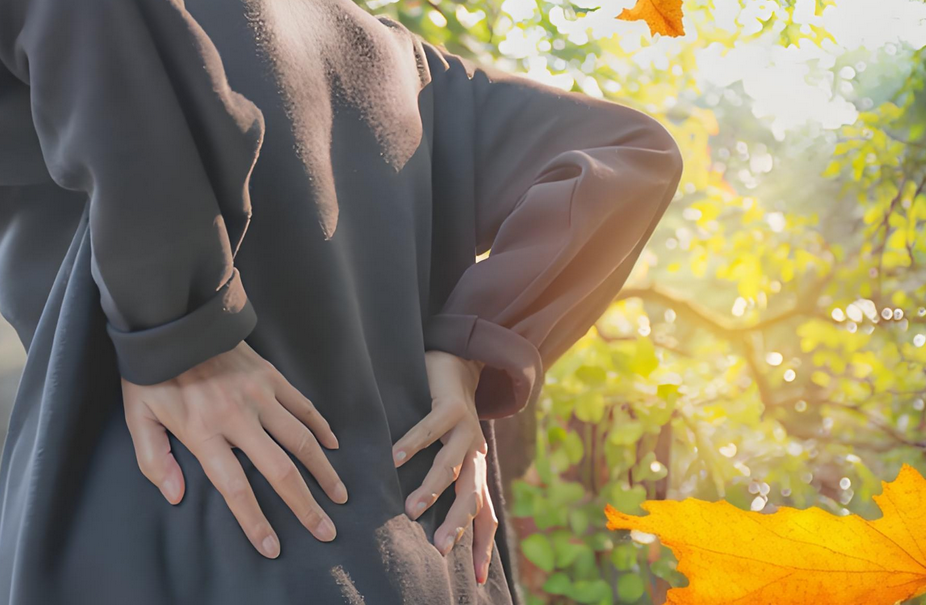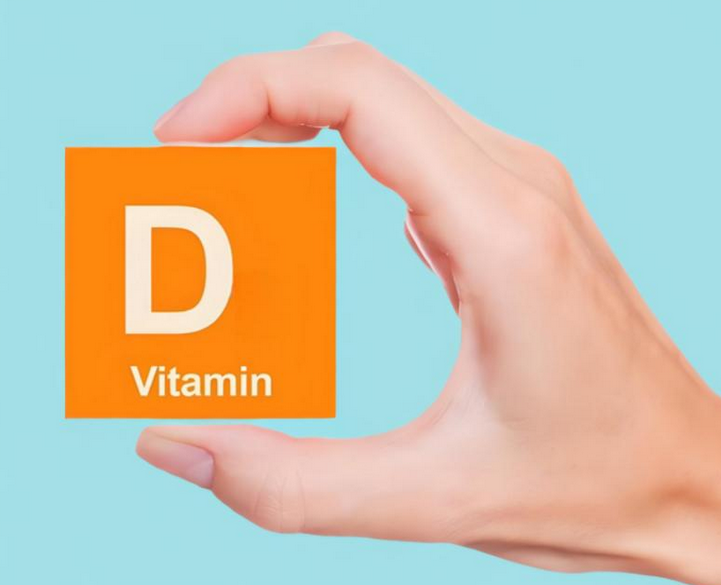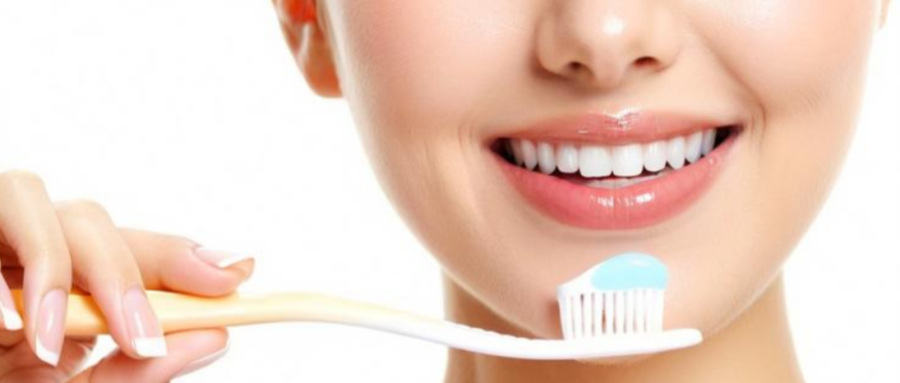
Vitamin D is essential to human health. Not only does it promote intestinal absorption of calcium and phosphorus, but it also helps maintain mineral balance in the blood and supports bone growth and repair. It can also regulate immune cells to help the body resist external invasion.
However, modern lifestyles or certain living environments make it difficult for most people to get enough vitamin D from their daily diet or from sunlight. Long-term indoor work, living in cold, high-latitude areas and sun-protection habits all limit the body’s ability to synthesise vitamin D from sunlight.

This can be detrimental to children, pregnant women and the middle-aged and elderly, not only increasing the risk of osteoporosis but also leading to chronic diseases such as heart disease and diabetes.
How can you understand your own vitamin D status?
A scientific and effective method of measuring serum 25(OH)D concentration can evaluate the amount of vitamin D stored in the human body, help determine whether an individual has reached the ideal level of vitamin D, and guide how to supplement with vitamin D.
How can vitamin D be supplemented in everyday life?

Scientific sun exposure
Reasonably plan outdoor activities and exposure to sunlight within a safe time frame based on personal skin type and sensitivity. It is recommended that you sunbathe for 10-15 minutes a day. While enjoying the sun, you should also use sun protection.

Balanced diet
When it comes to your diet, you can choose foods rich in vitamin D, such as salmon or egg yolks, which are high-quality natural sources of vitamin D. At the same time, animal liver and mushrooms can also provide vitamin D, an important nutrient. Milk and cereals can also help increase your vitamin D intake.

Choose vitamin D supplements
If you cannot meet your body’s need for vitamin D through sun exposure and diet, you may want to consider vitamin D supplements. However, when choosing a supplement, you should consult a healthcare professional to determine the appropriate dosage and form for your personal situation.
Conclusion
In our daily lives, we should ensure that our bodies get enough vitamin D through a balanced diet, adequate sun exposure and, if necessary, supplements to protect our health.








